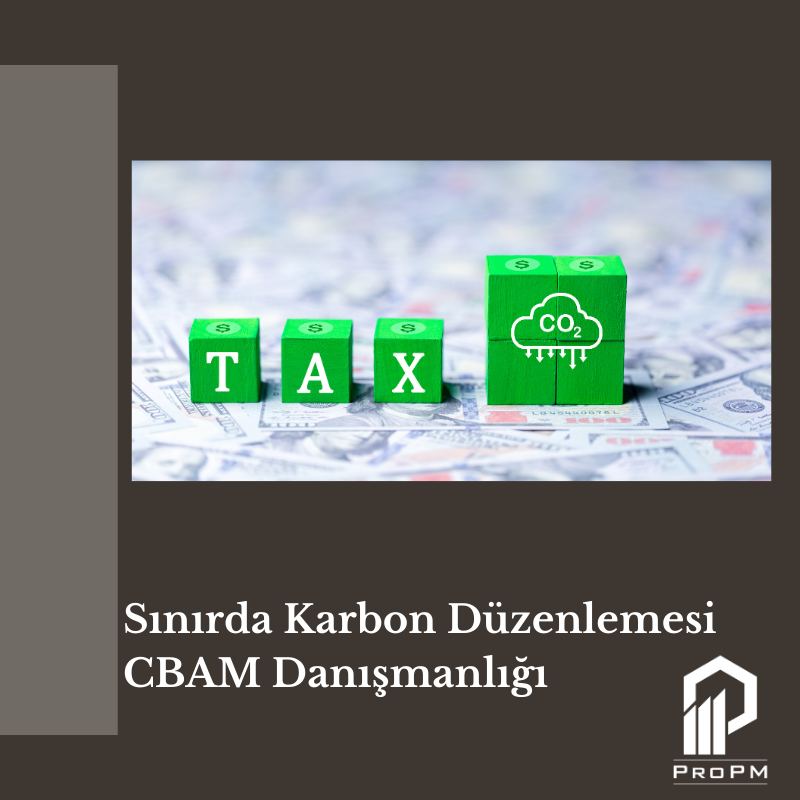The mechanism, which has undergone many updates since 2019, was approved by the European Parliament and the European Council on 10 May 2023 and entered into force as of 17 May 2023.
The Border Carbon Regulation Mechanism - CBAM Regulation was put into effect on 1 October 2023, limited to reporting obligations only. In this context, a transition period that does not impose financial obligations is envisaged between 1 October 2023 and 31 December 2025.
The transition period will serve to establish the principles of practice, collect data and identify the failing points for improving the practice, and the necessary corrections and secondary legislation will be made based on the experiences gained during this period.
As mentioned above, during the transition period, which will last until the end of 2025, there will be no charges for the embodied emissions of imported products. The main implementation period and financial obligations will start on January 1, 2026.
Which Sectors Does Border Carbon Regulatory Mechanism - CBAM Cover?
Borderline Carbon Regulation Mechanism - CBAM primarily covers the "Iron-Steel, Aluminum, Cement, Fertilizer, Electricity and Hydrogen" sectors and targets the ones with the highest emission intensity of these sectors. These sectors were determined as priority in the first stage of the mechanism and were taken into account due to their high emissions. Greenhouse gas emissions of the specified sectors have been monitored, measured and verified since 2016 in accordance with the legislation of the Ministry of Environment, Urbanization and Climate. It is estimated that the mentioned sectors contribute to approximately 50% of the total emissions in the country. It is expected that the Border Carbon Regulation Mechanism - CBAM will expand the determined sectors in the coming days and new sectors will be included within the scope of the mechanism.
Border Carbon Regulation Mechanism - CBAM Transition period will start on 01.10.2023 and end on 31.12.2025. The notifications to be made during this period are called Border Carbon Regulation Mechanism - CBAM Report. Importers based in the European Union are obliged to submit emissions reports every quarter. Borderline Carbon Adjustment Mechanism - CBAM During the transition period, there will be no verification requirement for Borderline Carbon Adjustment Mechanism - CBAM Reports. The Borderline Carbon Adjustment Mechanism (CBAM) report for each quarter must be submitted within 30 days after the quarter ends.

